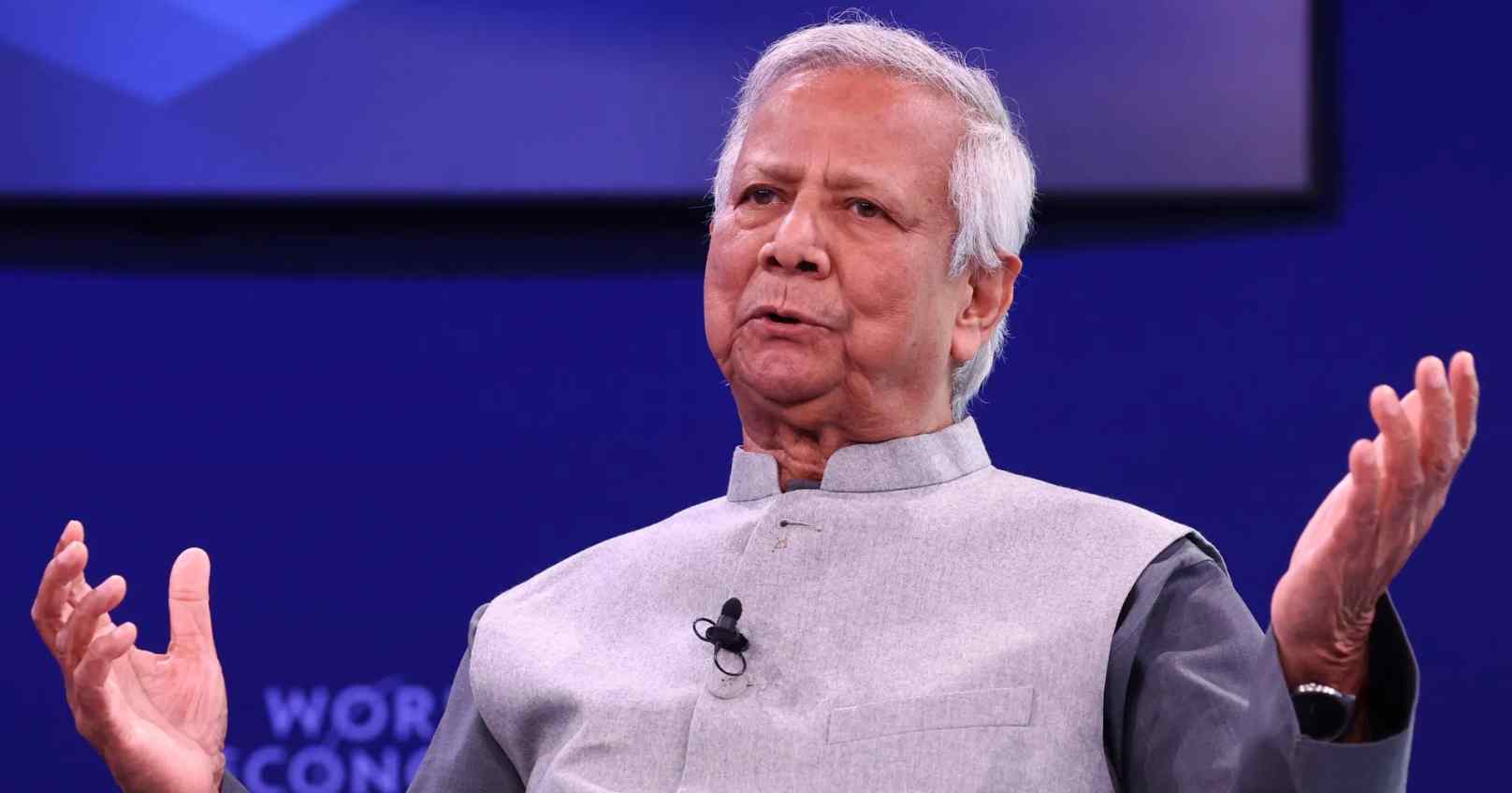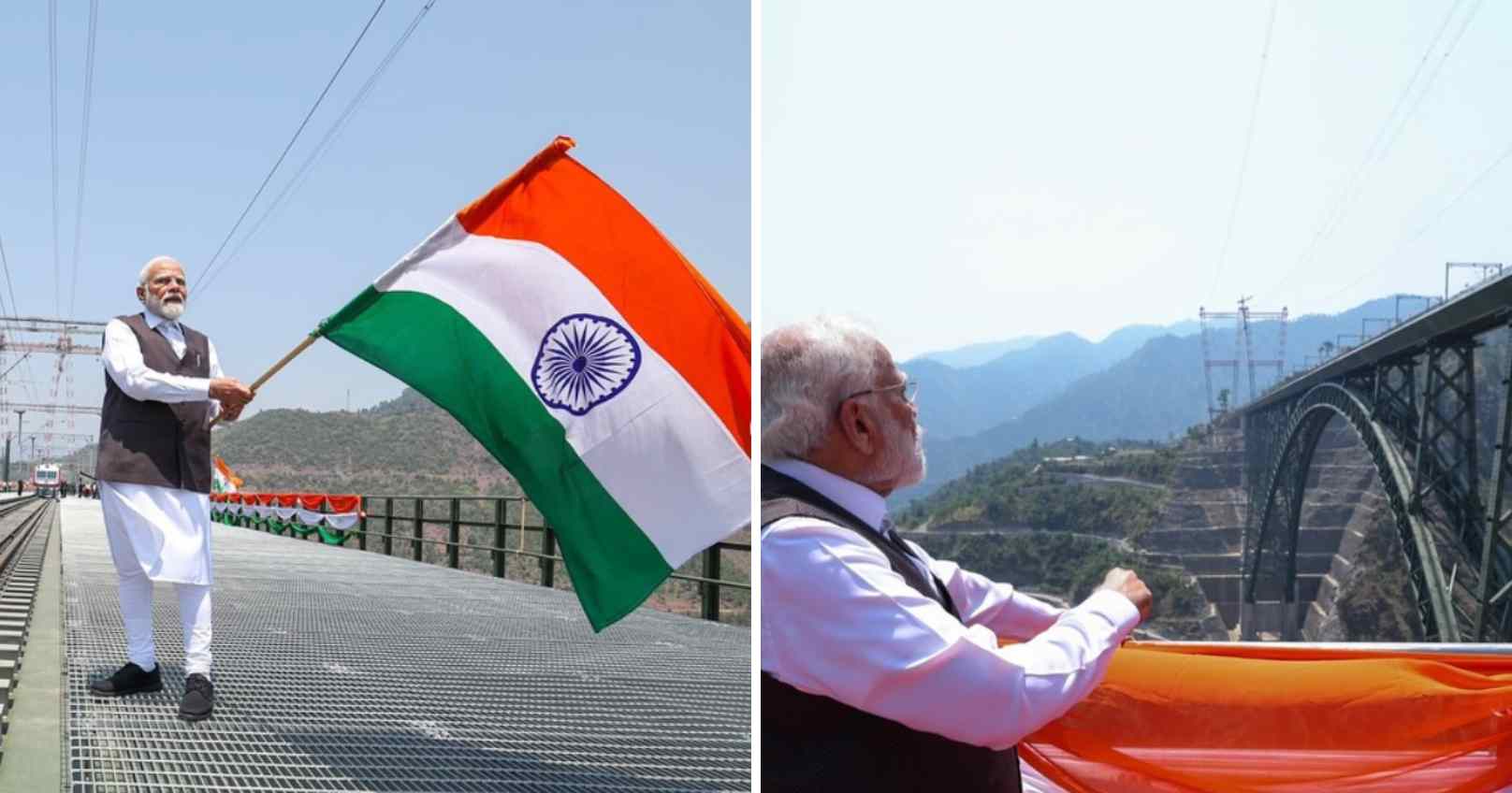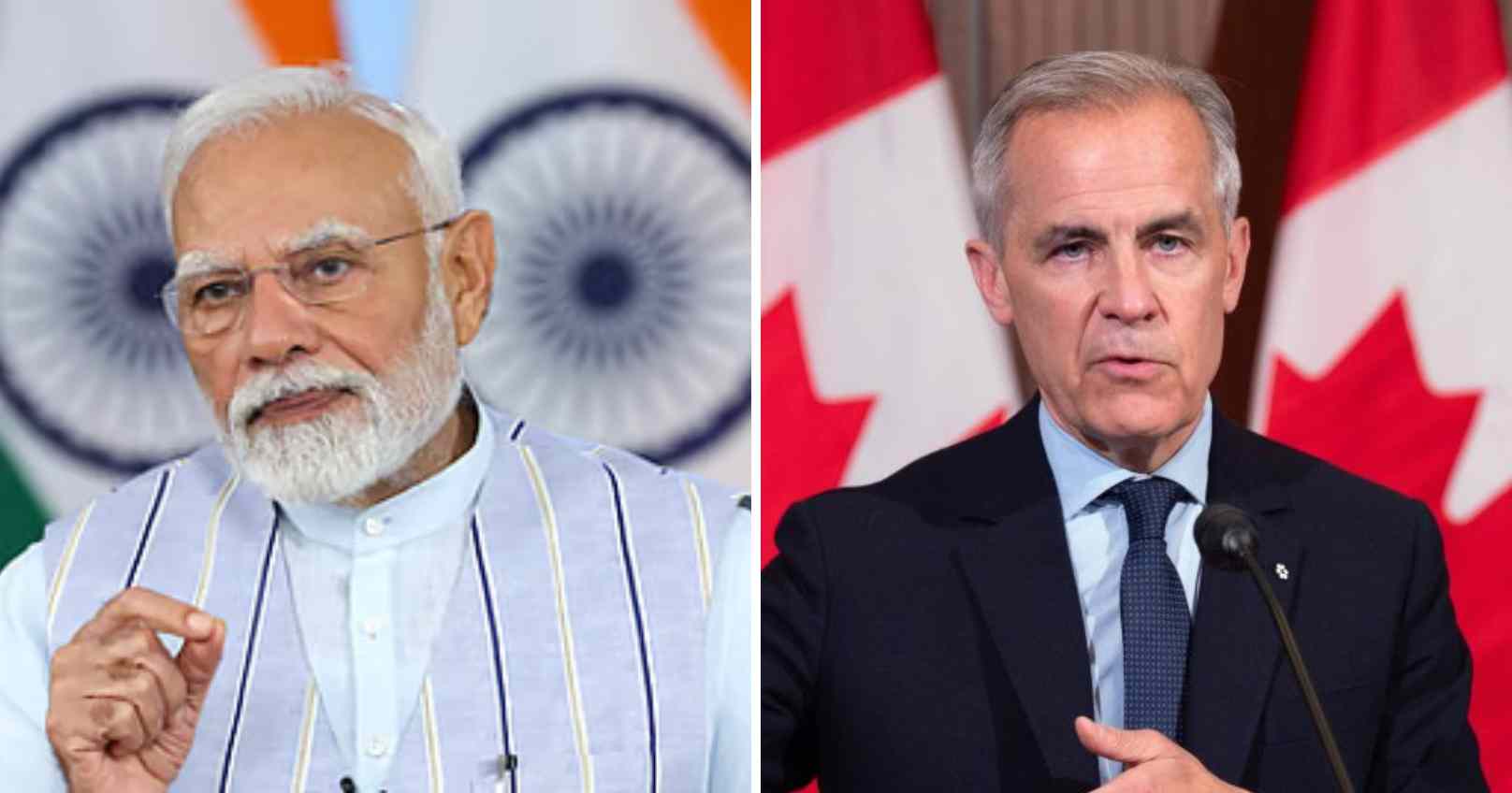Interim Chief Adviser of Bangladesh, Muhammad Yunus, announced on Friday that the country’s next general elections will take place in mid-April 2026. The announcement came during his national address on the eve of Eid-ul-Azha.
Yunus stated that the country’s Election Commission is expected to unveil a detailed electoral roadmap in the coming months, outlining the process leading up to the polls.
The election timeline has been a contentious issue between the interim leadership and the opposition Bangladesh Nationalist Party (BNP), led by former Prime Minister Khaleda Zia. The BNP has been pressing for elections to be held no later than December 2025.
Yunus had previously suggested a broader election window, indicating during a recent visit to Japan that national polls could be scheduled anytime between December 2025 and June 2026. His statement in Tokyo coincided with a major rally held by the BNP in Dhaka, where opposition leaders demanded timely elections and accused the interim government of delaying democracy.
Speaking to a crowd in Tokyo, Yunus emphasized that the final election date would depend on the pace of electoral and governance reforms currently underway. However, his firm declaration of an April 2026 timeline appears to dismiss the BNP’s warnings and their insistence on a quicker transition to elected rule.
Tarique Rahman, acting leader of the BNP, strongly opposed any delay, urging the caretaker administration to respect the public’s demand for early elections. Despite these calls, the interim government has moved ahead with its own timeline.
Bangladesh has remained under interim rule since August 2024, when long-time Prime Minister Sheikh Hasina went into exile in India following widespread protests. The unrest stemmed from a controversial government policy offering welfare and tax breaks to families of veterans from the 1971 war of independence.
Since Yunus, a Nobel Peace Prize winner, assumed leadership of the transitional government, the country’s relationship with India has cooled. Tensions have been exacerbated by incidents of violence targeting religious minorities and Yunus’s remarks on India, which New Delhi has criticized as inflammatory.







